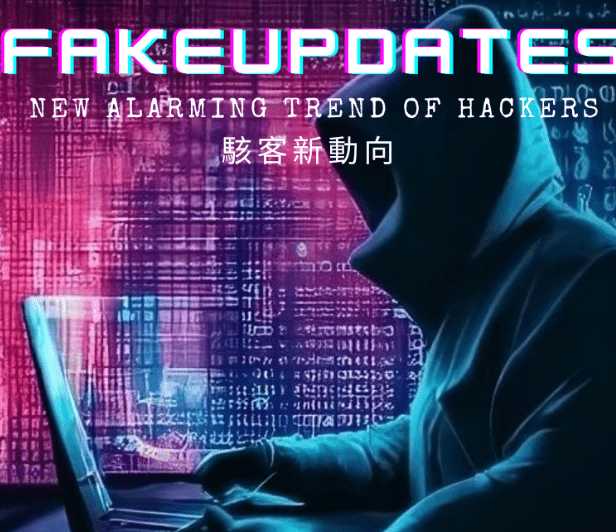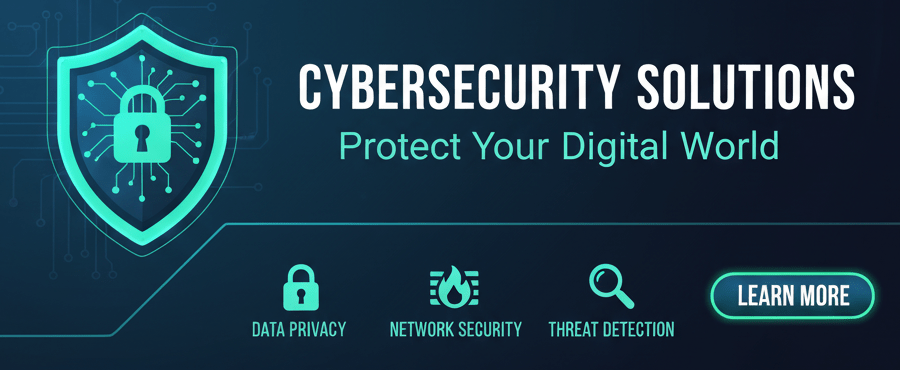Introduction:
In recent months, Hong Kong has witnessed a surge in the prevalence of a malicious software called “FakeUpdates” or “SocGholish.” This JavaScript-based download program has affected over 2.44% of local organizations, highlighting the alarming trend of hackers bypassing traditional defenses and deceiving users through simple techniques. In Check Point’s November Global Threat Index report, the prominence of FakeUpdates serves as a stark reminder of the ongoing challenges in maintaining robust cybersecurity measures.
The Deceptive Nature of FakeUpdates:
FakeUpdates operates by injecting JavaScript code into compromised websites, tricking users into believing they need to update their browsers. Prior to activation, the program writes its payload onto the user’s computer’s hard drive. Once the user falls for the ruse and initiates the false browser update, their system becomes vulnerable to various security breaches.
Global Vulnerabilities:
While FakeUpdates has wreaked havoc in Hong Kong, it is essential to recognize that this threat extends beyond local boundaries. The Check Point report reveals that the most commonly exploited vulnerability worldwide is the “HTTP Command Injection,” which affects 45% of organizations globally. Additionally, the “Web Server Malicious URL Directory Traversal Vulnerability” and the “Zyxel ZyWALL Command Injection Attack (CVE-2023-28771)” closely follow, impacting 42% and 41% of organizations worldwide, respectively.
Mitigating the Risks:
As the threat landscape continues to evolve, it is crucial for organizations and individuals to strengthen their cybersecurity defenses. Here are some key measures to consider:
Regular Software Updates: Ensure that all software, including browsers, operating systems, and applications, are up to date. Legitimate updates are typically distributed through official channels, such as the software provider’s website or built-in update mechanisms.
Exercise Caution When Prompted for Updates: Be skeptical of unexpected or unsolicited update requests. Verify the authenticity of the update by visiting the official website of the software provider or contacting their customer support directly.
Implement Robust Security Solutions: Deploy comprehensive security solutions, such as antivirus software, firewalls, and intrusion detection systems, to detect and prevent malicious activities. Regularly update these security tools to stay protected against emerging threats.
Educate and Raise Awareness: Promote cybersecurity awareness among employees, friends, and family members. Encourage them to be vigilant while browsing the internet, avoid clicking on suspicious links or downloading files from untrusted sources.
Backup Data Regularly: Maintain regular backups of critical data to minimize the impact of potential cyberattacks. Store backups securely and test the restoration process periodically to ensure their integrity.
Conclusion:
The rise of FakeUpdates highlights the importance of staying vigilant and proactive in the face of evolving cyber threats. By adopting robust cybersecurity practices and staying informed about emerging risks, individuals and organizations can better protect themselves against malicious activities. Ultimately, safeguarding our digital environment requires a collective effort to ensure a safer online experience for everyone.
Disclaimer:
The content of this blog is for informational purposes only and should not be considered as professional advice. We strive to provide accurate and reliable information, but we make no warranties regarding its completeness, accuracy, reliability, or suitability.Any actions taken based on the information in this blog are at your own risk. Please consult professionals or seek appropriate advice before making any decisions.The content may change over time, and we reserve the right to modify or delete it.The views expressed in this blog are those of the author and do not necessarily reflect our views.Please independently verify any information and make decisions based on your own judgment.For specific concerns, consult professionals or seek appropriate advice.
#Cybersecurity #FakeUpdates #SocGholish #Threats #DataProtection #OnlineSecurity #StaySafeOnline #CyberAwareness #Vulnerabilities #Hackers #DigitalDefense #CyberDefense #StayInformed #StayVigilant #SecureYourNetwork #ProtectYourData #InternetSafety #CyberProtection #StayCyberSmart #MalwareThreats #CyberAttacks




